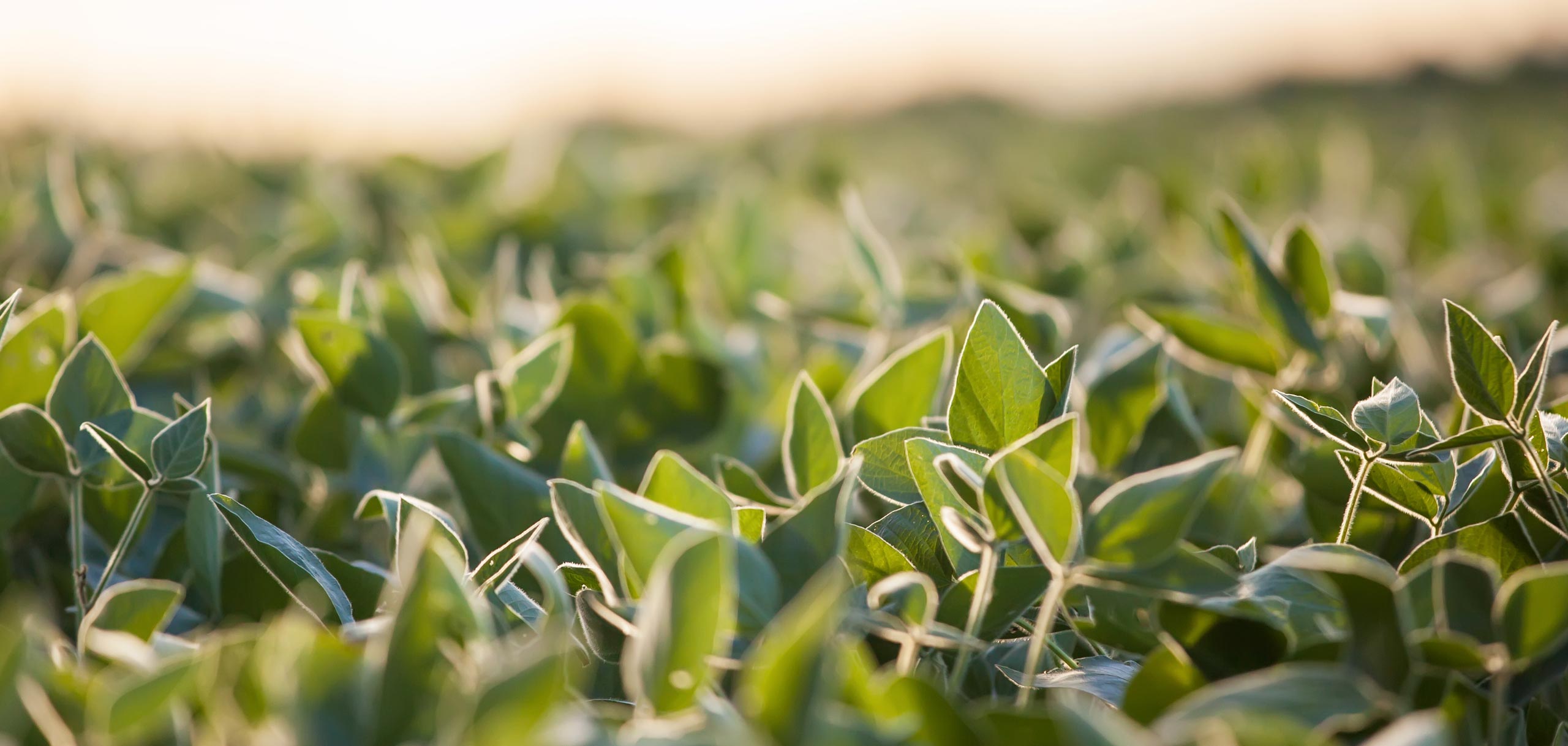USSEC Holds Agri-Business Symposium in Vietnam
- Category:
- General News

USSEC Southeast Asia (SEA) held an agri-business symposium October 6 and 7 in Ho Chi Minh City, Vietnam.
Held over 2 days at the Sheraton Saigon, the event, Agri-Business Vietnam: Managing Risk and Profitability from Field to Food, attracted more than 70 commercial decision makers; animal nutritionists and technical experts from the grain and oilseed trades; livestock production integrators; compound feed producers; farmers associations; and agricultural officials. This inaugural seminar focused on the importance of quality and value management throughout the agricultural product value chain from farm to food.
USSEC Regional Director – SEA Timothy Loh said, “This event is kind of a new concept for us. Usually our programs and activities tend to be either trade or technical themed but in this case, we’re working both elements into one program that will focus on what are the main concerns of importers and end-users when it comes to purchasing or using – price; quality and consistency; crude protein; amino acids profile; supplier relationship – with the ultimate objective of building preference for U.S. Soy.”
Mr. Loh gave an introduction to SEA’s regional agribusiness outlook. Bob Metz, USSEC and United Soybean Board (USB) director and vice chairman of the South Dakota Soybean Research and Promotion Council, spoke about farmers’ initiatives in the U.S. and emphasized that through the embracing of biotechnology, sustainability is ensured and quality soybeans are delivered. Jay O’Neil, Senior Agricultural Economist of Kansas State University, and principal of O’Neil Commodity Consulting, outlined the global outlook for grain, oilseeds and freight, as well as how trends and developments in port and shipping logistics could impact container and bulk freight. Tanna Tan, principal of Goldstar Consultants, introduced the four pillars of the supply chain and the trends and development observed in Asia’s agriculture business.
USSEC Technical Manager - Animal Nutrition Dr. Basilisa Reas presented two separate technical studies (based on samples received in SEA during the years 2011 to 2013 and Europe from 2013 to 2015) on the quality of soybean meal from different origins and the derived value differences among the origins based on these studies. Dr Chris Cheong, USSEC’s Technical Director for Feed Technology, explained the economic and nutritional benefits of full-fat soybean meal as well as its production and utilization trends observed in Vietnam.
Dao Manh Luong, CEO of Austfeed Vietnam Corporation, began the second day’s program with a corporate video which reflected his enterprising spirit and optimism for the future of Vietnam’s feed milling industry. He also shared insights on how his company had managed to expand by emphasizing quality inputs (high quality breed, medicine, feed formulation and ingredients), technology (automated feeding and management system) and economies of scale.
Dr. Jan van Eys, Principal of Global Animal Nutrition Solutions (GANS) Inc., and Dr. Bob Thaler, Professor/ Extension Specialist Swine of South Dakota State University, spoke about successful animal feeding and management programs for poultry and swine. The need for precise understanding of the nutritional quality of raw materials, animals’ growth stages/phase nutritional requirement, and feeding objectives were the common themes discussed.
USSEC SEA met its objectives to demonstrate the value transformation from high quality raw materials to finished feeds to increased animal production and hence profitability; as well as providing participants a better appreciation of the intrinsic value of U.S. Soy to the participants. Almost all participant feedback indicated that they managed to acquire a better understanding of the value that U.S. soybeans/soybean meal brings to their business and will continue to purchase U.S. Soy or consider purchasing U.S. Soy if they are currently not doing so. About 60 percent of the participants indicated they have imported or used U.S. soybeans and/or soybean meal in 2015, and more than 85 percent indicated that they are looking to buy U.S. soybean and/or meal.
Vietnam ranks 19th in global feed production, fourth in global pork production and number three in global aquaculture production. Total imports for U.S. soybeans into Vietnam in marketing year (MY) 2015 to date are 730 thousand metric tons (TMT) and for soybean meal, 403 TMT, 39 percent and 28 percent increases, respectively, compared to MY 2014.